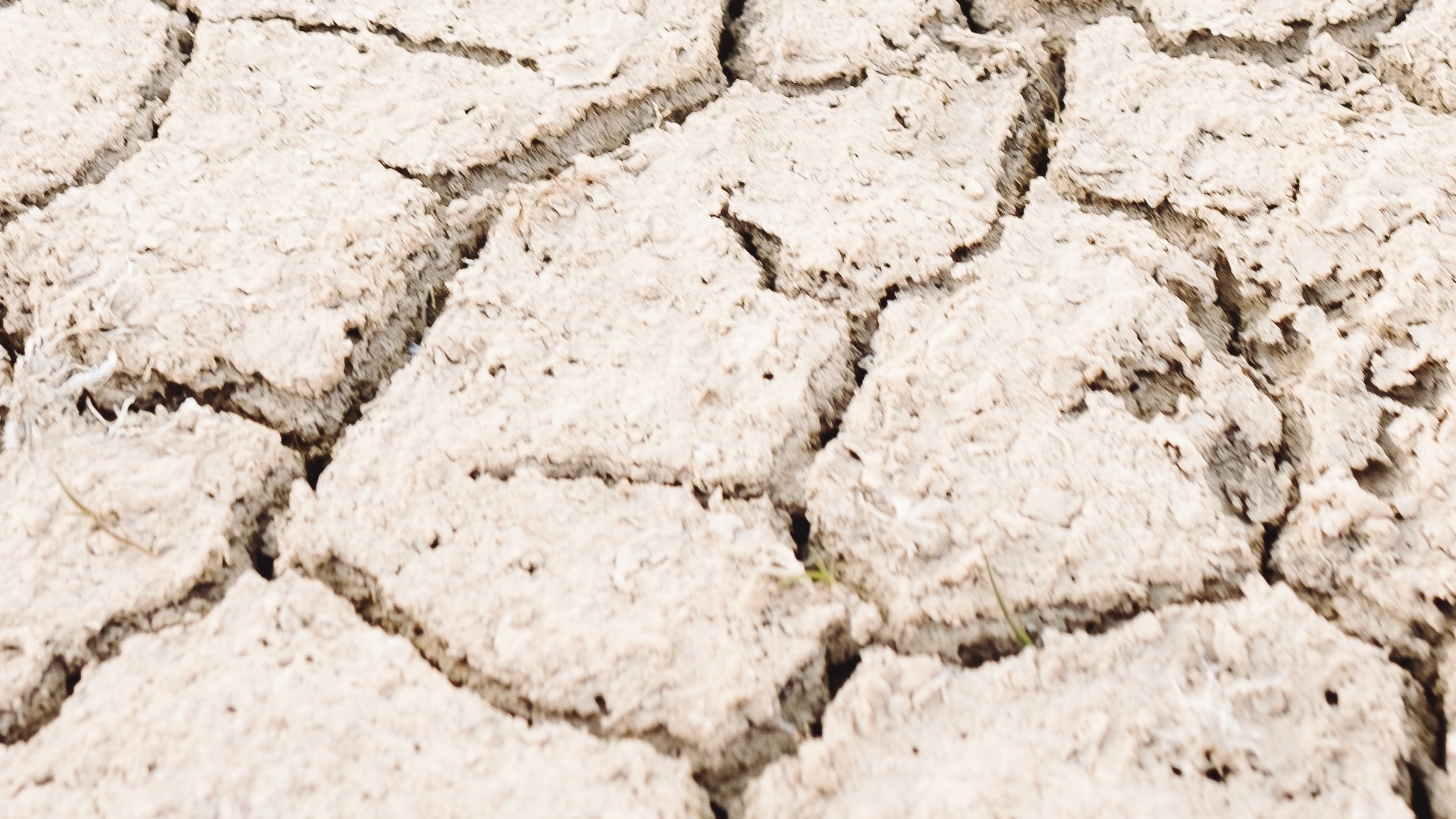First, let's get a matter of clarification out of the way: though they are commonly mistaken for one another, dry skin and dehydrated skin are two different things. According to Dr. Azza Halim, an MD who specializes in aesthetic medicine, one is a skin type and the other is a condition. "Dry Skin is a skin type that lacks oil production whereas dehydrated skin lacks water/moisture. Each has different needs." Dry skin is dry because the skin has produced an inadequate amount of sebum (the skin's natural moisturizer), while dehydrated skin is dehydrated because there's just not enough water in it.
Symptoms of dry skin include scaly spots, irritation, and redness. Symptoms of dehydrated skin include dullness, increased appearance of wrinkles and fine lines, and dark circles under the eyes. While dehydrated skin sometimes appears to be dry, you won't be able to make much progress on it using topical treatments alone. Dehydrated skin must be treated through a combination of lifestyle changes, since it's likely indicative of your entire body being dehydrated. Dr. Rachael Burns, consultant dermatologist at SondSkin, shares, "To ensure the maintenance of healthy, hydrated skin, it is important to keep the skin protected from UV rays, with daily application of SPF (along with the avoidance of prolonged sun exposure). It is also recommended that external hydration of the skin is assisted by internal hydration, by drinking plenty of water throughout the day." Yep, you got that right - in order to hydrate dehydrated skin, you need to drink more water and protect your skin from the sun. It also helps to eat extra veggies, consume little to no alcohol, replenish liquids after exercising, and get plenty of sleep.
So great, now we know how to rehydrate dehydrated skin. But what do you do if you have a breakout while your skin is dehydrated?
According to Dr. Burns, breakouts on dehydrated skin can be especially intense."When the skin is dehydrated, the pores collapse and lose their lubrication, which disrupts the fluid passage of oil from A to B. This causes a backlog of oil (which is already being produced in excess, to compensate for the lack of water in the skin) to linger and mix with dead skin cells that are yet to be flushed out." Due to the congestion of the pores, the end result is blackheads and acne in addition to the pre-existing symptoms of dehydrated skin. It's not the cutest look.
Unfortunately, many people with dehydrated skin see the resulting acne, and respond drastically to try to mop up the excess. oil. Per Dr. Halim: "This becomes a vicious cycle for acne especially as most tend to use drying products for acne which strip the skin of its natural oils and moisture/water barrier."
These products may worsen some of the symptoms of dehydrated skin that make it resemble dry skin. Like dry skin, dehydrated skin is dull and uncomfortable, and harsh products can make these symptoms even more apparent. Per Dr. Burns: "There are various reasons why the skin becomes dry, and anti-acne treatments are a common culprit. Most prescribed anti-acne creams and lotions, along with those that are available over the counter, contain salicylic acid (BHA) and benzoyl peroxide as standard, which will typically be accompanied by irritating ingredients that stimulate oil production and cause, flaky dry patches to develop." Using harsh products on your acne may dry out your already dehydrated skin, giving you more symptoms.
Here again, it's tempting to try to overcorrect by jumping into super moisturizing mode. Dr. Burns says that many of her patients have done just that: "In an attempt to counteract this, individuals may apply hydrating skin care products in addition to their acne treatments, such as moisturizers and cleansers. However, depending on their contents, these products can also cause acne." Agh - it's like you just can't win!
Dr. Halim concurs: "Not all acne products are for everyone, some products that dry and strip the skin of its barrier can trigger acne. Just as moisturizing oily skin with an occlusive emollient can make acne worse , once again it's all about balance. Hydrating products should be oil-free so not to aggravate acne."
If you want to try to topically moisturize dehydrated skin while experiencing a breakout, Dr. Halim has a few pro tips. First, use a gentle cleanser, and apply it to the face gingerly. Then, "Apply the oil-free moisturizer after cleansing and gently pat dry. Then apply the acne spot treatment. This helps combat the flaking, itching, irritation that is seen with many spot treatments." Just like that, you've both moisturized and applied a product that should be able to assist with your breakout. By doing things in this order, Dr. Halim says you should be able to treat your acne without worsening the symptoms of your dehydrated skin.
And instead of overcorrecting every time your skin is either dehydrated, breaking out, or both, Dr. Halim suggests following a few simple rules in addition to using a gentle cleanser and oil-free moisturizer: "never over- cleanse nor over exfoliate. Use either benzoyl peroxide or salicylic acid spot treatment, never use both together, add a humidifier at night if living in cold dry climate so as to restore air moisture." Easy, peasy - less is more.
Also, drinking water really is key for the whole part where your skin is dehydrated to begin with: "One should hydrate internally as well since dehydration is not just on the surface, it starts from within our cells and our skin is our largest organ which needs water for hydration."
Wanna learn more about the world of skin and hair care? Here's your next read:
Frizzy Curly Hair Care 101
How to defrizz your curls and get 'em back into shape!
Hot Rollers Vs. Curling Irons
What's the difference between hot rollers and curling irons?
Difference Between a Mole and a Freckle
What's the difference between a mole and a freckle?
Moisturizer vs Lotion: What's the difference?
Can you use body lotion on your face?
Tips For Washing Hair In Hard Water
This is your guide to washing your hair in hard water
Minimalist Hair
Welcome to the wonderful world of minimalist hair
Type of Combs: Materials and Shapes
Your complete guide to picking out a comb


